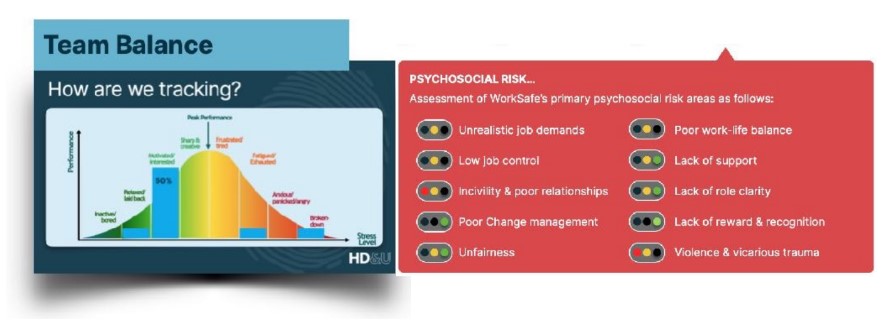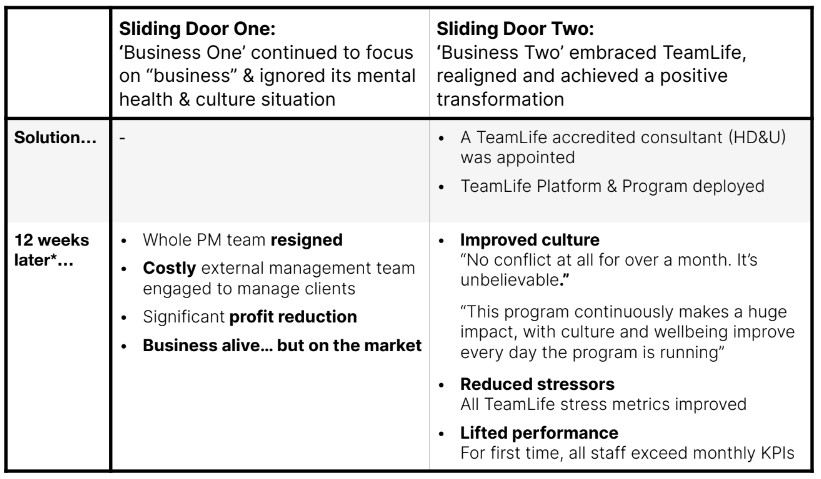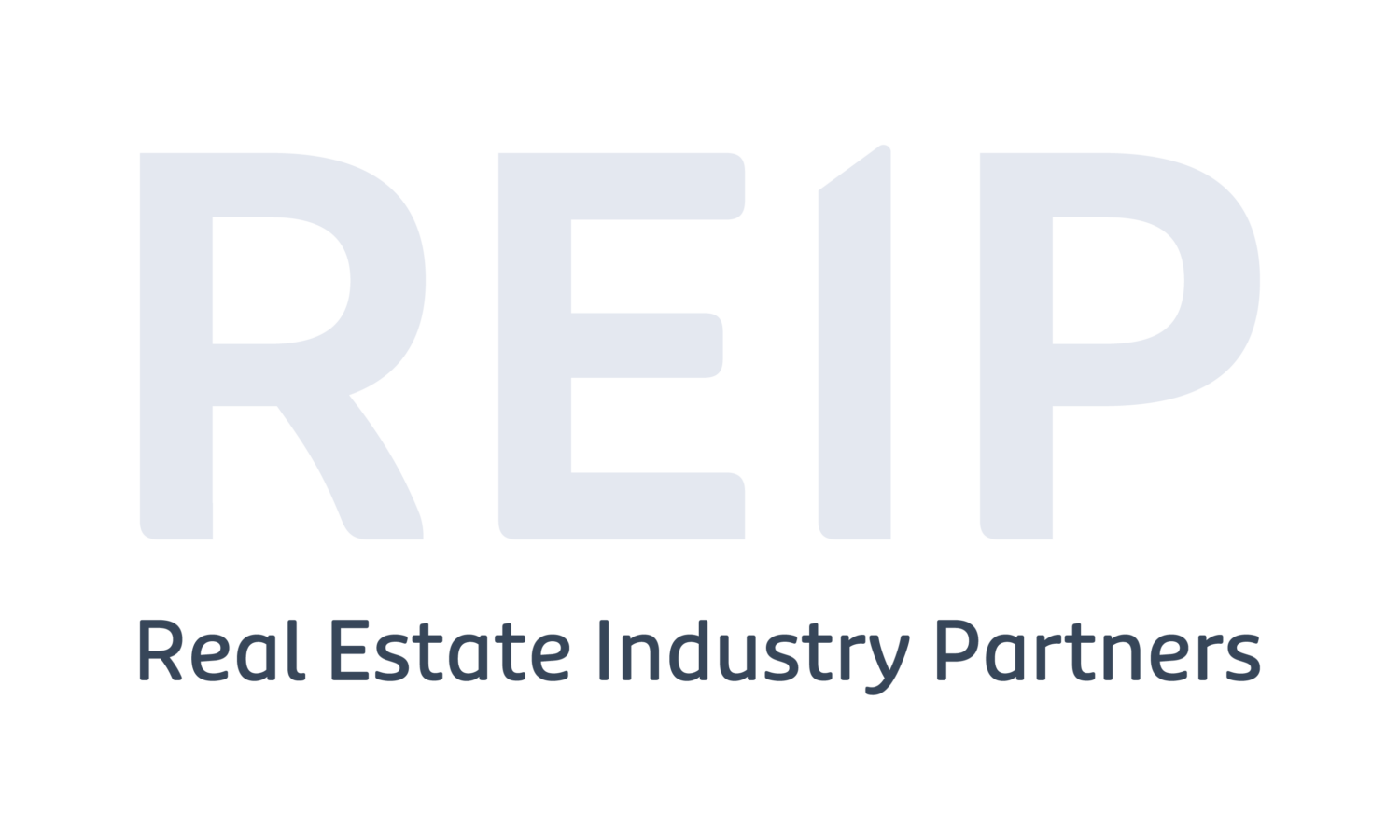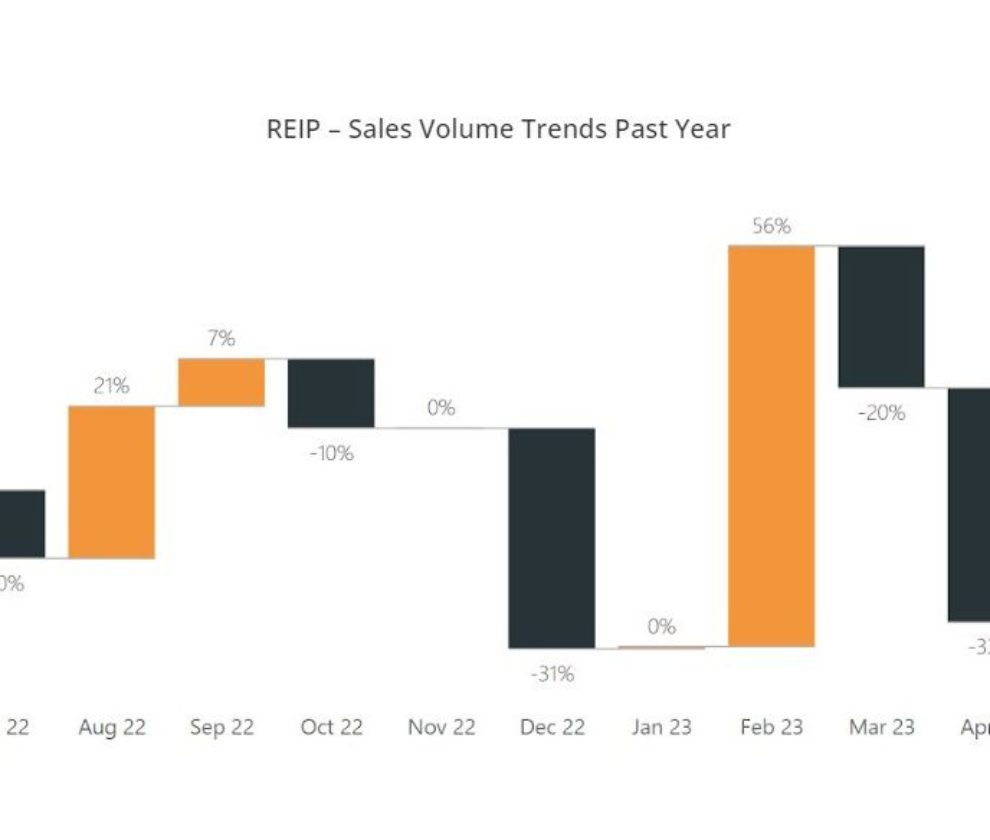As a follow-up to the latest Revive Research survey reported in our last edition, the article below features a real-life comparison of two property management teams in Melbourne and their differing approaches to the wellbeing and culture crisis they were each experiencing.
REIP members who engage HD&U, our newest partner, to assist them in the same ways are eligible for a 20% discount to 31 August.
Contributed by Stuart Hayes and James Dalton of HD&U
In the fast-paced, pressure-cooker of property management, mental health and wellbeing often take a backseat to bottom line priorities. But a crucial turning point looms – and today’s PM’s must choose between ignoring mental health or embracing innovative approaches like HD&U’s TeamLife Program to foster a great culture and a high-performance team, and build a more profitable business at the same time. Read on to learn how they do it.
How mental health affects profit
Here’s the thing. Mental health in the workplace makes a difference – in both directions:
When things aren’t going well, it’s not just health that’s exposed. When leaders fail to protect their team from psychosocial harm trust is lost, culture breaks and performance falls. However when things are going well, and people connect and align, teams can produce extraordinary outcomes, exceed expectations, and love their experience of work.
According to Antonia Mercorella, CEO of the Real Estate Institute of Queensland (REIQ), “Failure to address mental health in the workplace can have serious consequences, not only for the individuals involved but for the entire organisation.” For Property Managers in 2023, the most common of these consequences includes:
- Staff Churn: Quite simply, employees who feel undervalued or unsupported leave. In fact, Mercorella connected these feelings to “talented professionals leaving the industry altogether.” On the flip side, people who feel supported, connected to each other and part of something bigger stay.
- Productivity: Together, Monash University’s Schools of Neuro Psychology and Business concluded that overworked and stressed employees experience reduced focus, impaired decision-making, and diminished motivation. In turn decreasing their efficiency, ability to collaborate and overall performance. No surprise then, that productivity of small and highly engaged teams is generally multiples higher than larger team of under-performers.
- Morale and Engagement: Ultimately, when wellbeing is disregarded trust breaks down, relationships fracture and business performance plummets. Why would you perform for a manager who allows your mental health to suffer?
- Brand Damage: Although most teams frequently measure and focus on customer service, detached and disengaged employees frequently, and sometimes dangerously, don’t – and the brand damage they cause is often invisible until after business is lost.
- Legal Risk: Ignoring mental health has always had legal and ethical consequences, however the stakes are now elevated as a result of the various new psychological harm regulations around Australia. Notably, PMs are particularly exposed to these changes given reports of verbal abuse and physical assaults of property managers, resulting in high levels of stress in the sector.
Lets’ take a look at what an underperforming or departing PM might cost you…

In many cases the costs listed above are best case. To illustrate, what if a PM’s poor customer service leads to 5 or even 10 lost sales commissions?
Case Study: comparison of two teams under stress
In March 2023, two near identical property management teams reached out for help to manage team culture and wellbeing crises. Each business:
- Was a previous market leader, who was now struggling to recruit and retain staff
- Had high levels of psychosocial risk (notably, work volume, poor work life balance, occasional aggression and harassment by customers)
- Offered work considered to be unappealing and challenging, given new industry requirements • Had fractured relationships and resentment within its team, and a breakdown of trust
- Had managers with a ‘general awareness’ of mental health and wellbeing but who downplayed importance in favour of productivity and profitability.
An initial analysis* of one team’s engagement and psychosocial harm situation in March showed:

Here’s what happened in the 12 weeks that followed:

* Names have been suppressed for confidentiality
So what does all this mean?
In the sliding doors scenario of Australian property management workplaces, the choice between ignoring mental health and embracing approaches like HD&U’s TeamLife Program is pivotal. While ignoring mental health leads to negative outcomes such as high turnover, decreased productivity, and poor morale, it is possible to transform workplace culture, foster a high-performance team and reap the benefits of improved productivity, engagement, and retention. By embracing mental health and wellbeing, Property Managers can pave the way for their success and employee wellbeing at the same time
To learn more about HD&U’s TeamLife Program and access the 20% discount available to REIP members before 31 August, visit this link:



